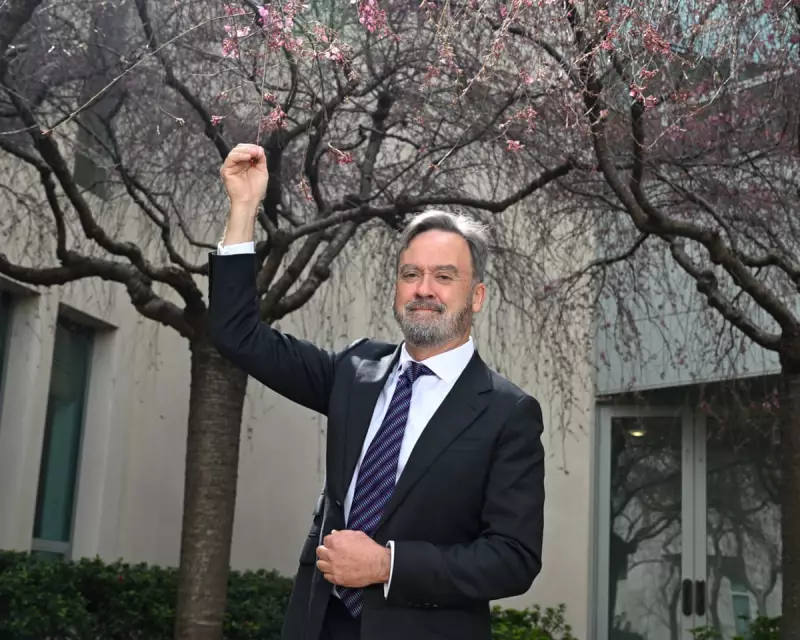
In a bold move that places him directly at odds with the climate-sceptic faction of his own party, Liberal Senator Andrew McLachlan has emerged as a staunch defender of Australia's net zero by 2050 target, framing it as a critical economic and environmental imperative.
The South Australian senator, a self-described conservationist, has launched a powerful political and philosophical broadside, arguing that the Liberal Party must embrace a modern, pragmatic environmentalism to regain relevance and electoral trust.
A Conservationist's Crusade in the Liberal Ranks
Senator McLachlan's advocacy extends far beyond abstract emissions targets. He is spearheading a concerted fight for the survival of South Australia's most vulnerable native inhabitants, specifically naming the plight of the southern bent-wing bat and the orange-bellied parrot.
He is demanding immediate action from the state's Labor government, criticising its delayed response to a review of the state's environmental laws. For McLachlan, this isn't merely policy; it's a moral obligation to protect the nation's natural heritage for future generations.
Net Zero: An Economic Necessity, Not a Ideological Debate
Directly challenging the rhetoric of his coalition colleagues like Nationals Senator Matt Canavan, who has loudly called for the abandonment of the net zero commitment, McLachlan presents a starkly different view.
He articulates net zero not as a contentious ideology but as a fundamental pillar of Australia's future economic prosperity. His argument centres on the immense opportunities presented by renewable energy, green technology, and the expectations of international trading partners. Abandoning the target, he warns, would be an act of economic self-sabotage.
The High Stakes of Political Identity
Senator McLachlan's stand is a microcosm of the fierce internal battle raging within the Liberal Party. It pits its traditional rural base, which may be wary of rapid change, against the demands of its metropolitan constituents, who deserted the party in the 2022 election in part over perceptions of its weak climate action.
McLachlan is positioning himself as a key voice for modernisation, warning that the party risks permanent electoral irrelevance if it continues to be seen as a roadblock on environmental issues. His intervention highlights the deep philosophical divide that will likely define the party's trajectory for years to come.





